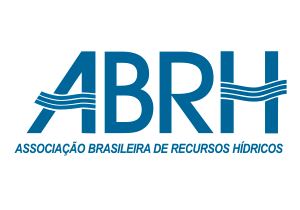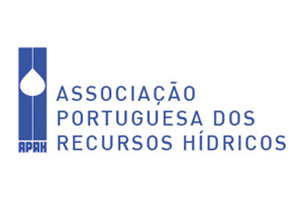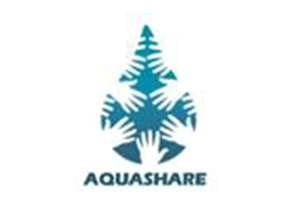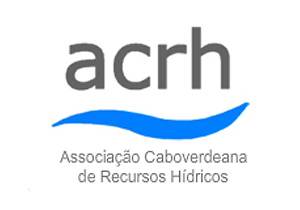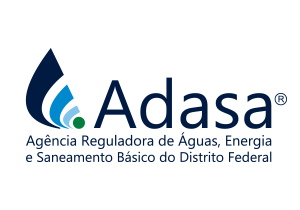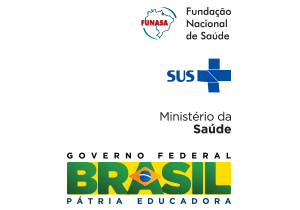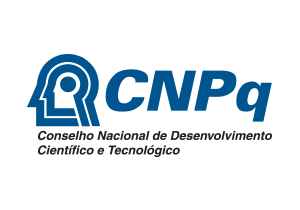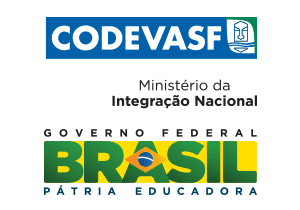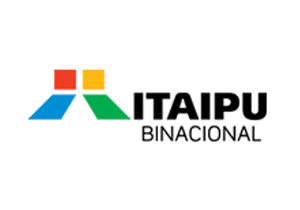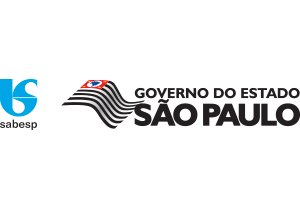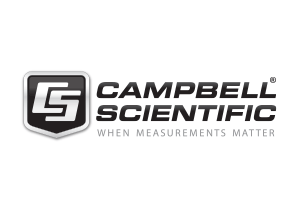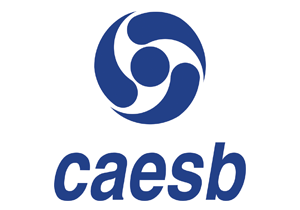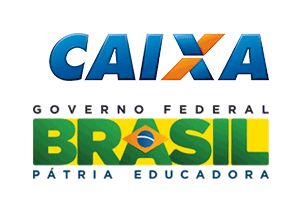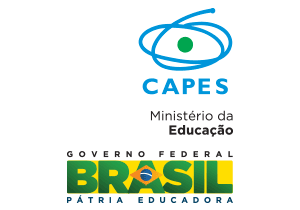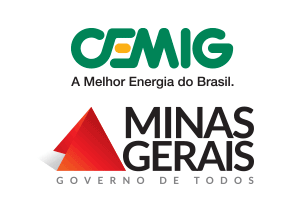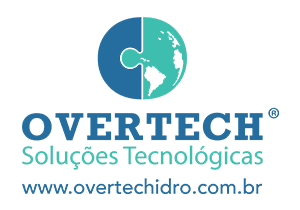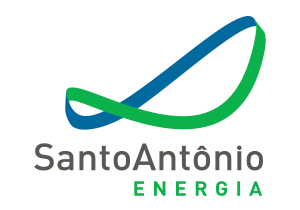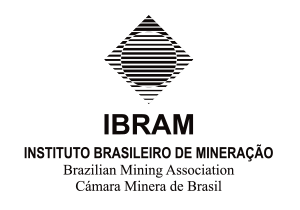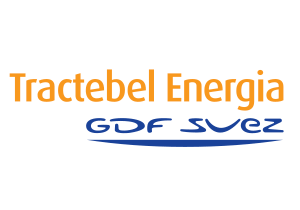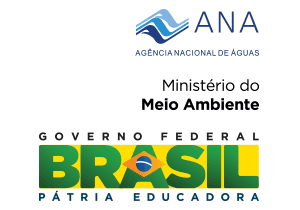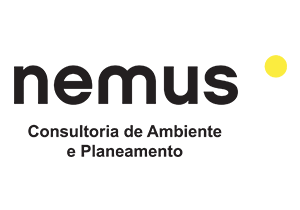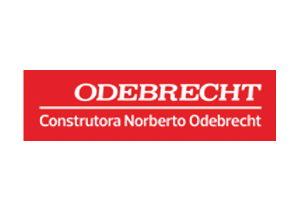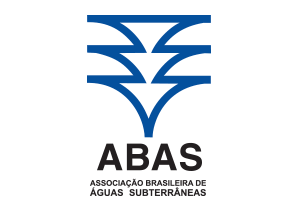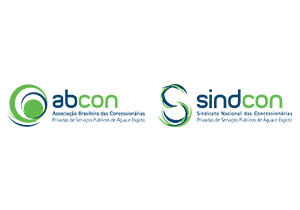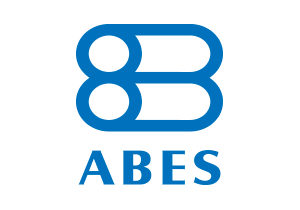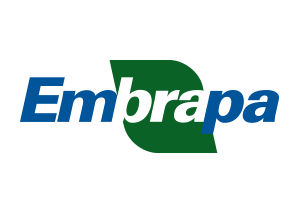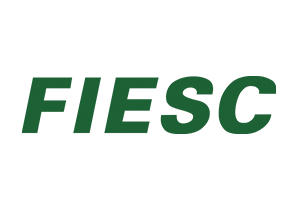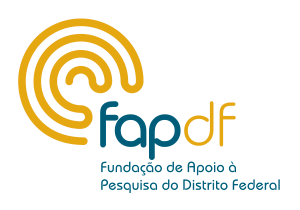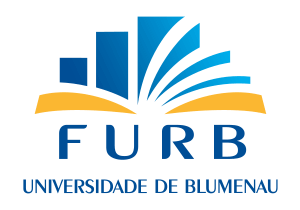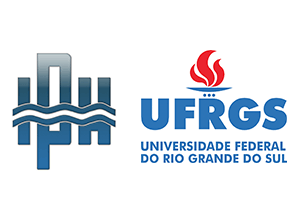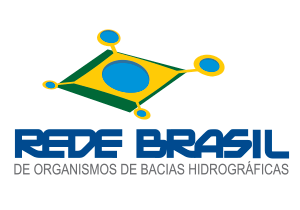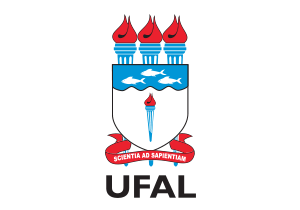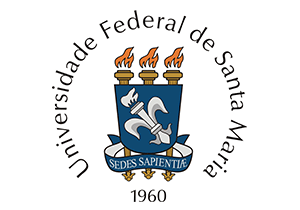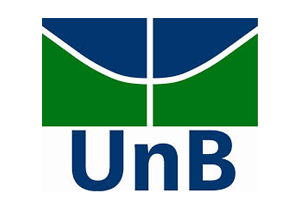Conferences
Share:
Check out the themes already confirmed.
November 23
Conference 1
Luis Veiga da Cunha
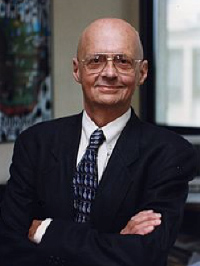
Luis Veiga da Cunha is a retired Full Professor of Universidade Nova de Lisboa in Portugal. . He graduated in Civil Engineering from the Instituto Superior Técnico and received his PhD at the same school in 1971.
He worked in Portugal until 1983 as professor, researcher and consultant. During this period he was involved in a large number of research projects and carried out activities as consultant and teacher in Portugal and in several foreign countries. Since 1963 his main activity was at the Laboratório Nacional de Engenharia Civil (LNEC-National Laboratory of Civil Engineering) with special emphasis, initially, on Fluvial Hydraulics, having done several research studies and, in collaboration with the Direcção Geral dos Serviços Hidráulicos he did a program monitoring solid transport in Portuguese rivers. Between 1971 and 1983 he directed the Núcleo de Hidrologia e Hidráulica Fluvial of LNEC, where he launched a set of initiatives and new lines of research in the domains of management and planning of water resources and their sustainable development. During the same period he was Full Professor of Hydraulics in the Engineering courses of the Military Academy. He was visiting Professor at Colorado State University (USA) throughout the school year of 1975-1976.
During 1983 and 1999 he moved to Brussels where he was the Administrator of the Division of Scientific and Environmental Affairs of the North Atlantic Treaty Organization. Among his responsibilities at NATO were running several programs including some focusing on “Science of Global Environmental Changes" (1990-1996) and “Environmental Safety” (1993-1998). Each of these programs led to a great number of projects and to the publication of about 60 books.
In 1999 he returned to Portugal, and since then he has worked as an Invited Full Professor at Universidade Nova de Lisboa, in the Department of Environmental Sciences and Engineering at the Faculdade de Ciências e Tecnologia. He is a member of the National Water Council since it was established in 1994, and of the National Council of the Environment and Sustainable Development since 2001. He was the Portuguese Delegate to the Scientific Committee of NATO (2001-2005). He was a member of the Intergovernmental Panel of Climate Changes (IPCC) from 1990 to 2001, and Principal Author of the chapter involving the impact of climate changes on Hydrology and Water Resources in the Third Report of IPCC, published in 2001. He was also the coordinator of the chapter on Water Resources, of the projects on Climate Changes in Portugal. Scenarios, Impacts and Adaptive Measures (SIAM I, 1999-2002 and SIAM II, 2003-2006
He founded and was the first President of the Portuguese Water Resources Association in 1977-1979. He was the director of the International Water Resources Association and president of the Committee on Fluvial Hydraulics of the International Association of Hydraulics Research. He was a member of the Editorial Board of Water Policy, the official technical-scientific journal of the World Water Council (1998-2006), and member of the Editorial Board of Water International, the journal of the International Water Resources Association (1976-1980). From 2010 to 2013 he was member and coordinator of the “Gulbenkian Think Tank on Water and the Future of Humanity “, an international group for reflection established on the initiative of the Calouste Gulbenkain Foundation, which gathers eleven prestigious scientists from different countries, and in 2013, as a result of the reflection, he published the book “Water and the Future of Humanity “ (Springer). He is a member of the Academy of Engineering of Portugal and of the Water Academy of France.
He is the author of a vast scientific and technical bibliography, with almost one hundred and fifty papers published, including one-third as books and book chapters, outstanding among which is A Gestão da Agua. Princípios Fundamentais e sua Aplicação em Portugal (Fundação Calouste Gulbenkian, Lisboa, 1980).
He is Grand Officer of the Order of Santiago de Espada in Portugal, and of the Order of Merit of France. He was Minister of Education in the V Constitutional Government (1979-1980).
November 24
Conference 2
Ignacio Porzekanski
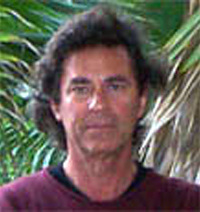
Name: Ignacio PORZECANSKI
School of Natural Resources and Environment, University of Florida
Bachelor of Science (Agriculture)
Hebrew University of Jerusalem, Israel, 1967.
Ph. D. Plant Breeding (Department of Genetics)
Cambridge University, United Kingdom, 1972.
Languages: Spanish (mother tongue), English (totally bilingual), Portuguese (totally bilingual), French (proficient), Italian (proficient), MS Office.
Present positions:
Since the beginning of 2004 I have become a Lecturer at the School of Natural Resources and Environment (SNRE), IFAS, University of Florida, Gainesville. My responsibilities include giving two courses: Critical Thinking in the Environmental Sciences (EVS 4021) 3 credits, for students about to graduate in Multidisciplinary Ecology at SNRE. The second course is Scientific Processes in Conservation and Development Course (3 credits), offered once a year by the SNRE for graduate students in all departments.
I was part of the team designing and teaching the Adaptive Management of Water IGERT (Integrative Graduate Education and Research Traineeship) in three capacities: a) as a member of a team-taught new core course entitled Adaptive Management of Water, Wetlands and Watersheds; b) as an instructor for a weekly seminar on Adaptive Management; and c) as instructor for a weekly seminar in Leadership and Communication. This latter, after two years, has become a Leadership, Ethics and Communication Seminar.
Previous positions:
From May 1997 until May 2003, Head of the Sustainable Development Unit at PROBIDES (Programa para la Conservación de la Biodiversidad y el Desarrollo Sustentable de los Humedales del Este) in Rocha, Uruguay. This is a Biosphere Reserve Conservation and Development Program financed by UNDP-GEF and the European Union that started in 1993.
Between October of 2001 and 2003, I have been invited to teach –as Visiting Professor- a module entitled “The Environmental Challenge” at the Graduate Program in International Affairs (GPIA) at the New School University of New York.
In February 2002 I was awarded a small grant by the AVINA Foundation, for the development of a project in sustainable production initiatives, to be carried out within the Eastern Wetlands Biosphere Reserve region. The project promoted three Workshops that dealt with associative strategies of development in a conservation context, aimed at local communities, with the participation of farmers, government officials, NGOs, and experts from the University.
1990-1997: Partner in charge of Product Development at BIOVIDA Innovaçao Ltda. in Sao Paulo, Brazil, a firm devoted to the manufacture, assembly and distribution of biotech-based diagnostic kits for the medical, agricultural, feed and food industries.
June-December 1996: Consultant to EMBRAPA, the National Agricultural Research Institute in Brazil, in its Brasilia headquarters, attached to its Department of Commercialization of Research (DEC, under the Directorship of Dr. Amélio Dall’Agnol). The work consisted in drafting the general guidelines for a Policy Document exploring the requirements of a "market-oriented" research strategy, in which the objects of agricultural research are defined according to the productive infrastructure and requirements of the different regions of the country.
1985-March 1996: Assistant Professor of Plant Breeding at the School of Agronomy (Facultad de Agronomía), University of Uruguay. My teaching assignments were in the subjects of Genotype-Environment Interaction, Hybrid development, Genetic Resources and a Seminar in Biotechnology (20 hours / week). During three years in this period (1992-95) I was also Assistant to the Dean of the School in matters dealing with the Institutional Research Program.
1985-1990: I was appointed a Member of the first Commission for Research of the University of Uruguay, and founder member of the National Committee for Biotechnology.
1978-1982: In the State of Sao Paulo, Brazil, I was in charge of Product Development for Monsanto. The goal was to develop new agricultural applications for the Monsanto line of products (growth regulators and herbicides) through applied research programs and experiments in both an academic and commercial context. Most work was undertaken in sugar cane and soybeans, with emphasis in the utilization of glyphosate for direct sowing and minimum tillage systems of soil management.
1974-1978: Senior Research Officer as Plant Breeding expert for EMBRAPA's Center for Research in Cattle and Pastures, in Mato Grosso do Sul, Brazil. The responsibility was to set up a germplasm collection and breeding program for native legumes of forage potential. My research centered upon the genus Centrosema: collections were carried out throughout north Brazil, evaluation schemes were designed (emphasizing Nitrogen-fixation, palatability and good winter production characteristics), and a plant breeding was begun. Ten ecotypes were found to be interesting and/or promising and were further developed in this Center.
Recent publications:
Porzecanski, I. (Coord.) 2001. in J. Acosta & A. Picerno: “Sustentabilidad de las actividades productivas en la Reserva de Biosfera Bañados del Este: análisis de impactos económicos, sociales y ambientales”.PROBIDES/PNUD/GEF, Serie Documentos de Trabajo, Nº 39, Rocha, Uruguay, 72 p.
Porzecanski, I., J. Acosta-Soto, & M. Casciani. 2004. “Making room for conservation: the Laguna Merín case.” Paper presented at the 18th Congress of the Society for Conservation Biology, New York.
Porzecanski, I. 2008. Book Review of Ecological Restoration: Principles, Values, and Structure of an Emerging Profession, by Andre F. Clewell and James Aronson. 2008. Washington, DC: Island Press. 230 pages. In The Journal of Environmental Education 39(3): 63-64.
Coennen, D., I. Porzecanski, and T. Crisman. 2008. “Future directions in conservation and development:incorporating the reality of climate change.” Biodiversity 9(3&4):106-113.
Porzecanski, I., L. V. Saunders, and M. T. Brown. 2012. Adaptive Management Fitness of Watersheds. Ecology and Society 17(3): 29.
Porzecanski, I. 2015. “El fuego siempre quema”. Chapter in: Marradi, A. (ed.) 2105. Las ciencias sociales, ¿seguirán imitando a las ciencias duras? Editorial Antigua, Buenos Aires, Argentina. ISBN 978-987-3707-09-04



